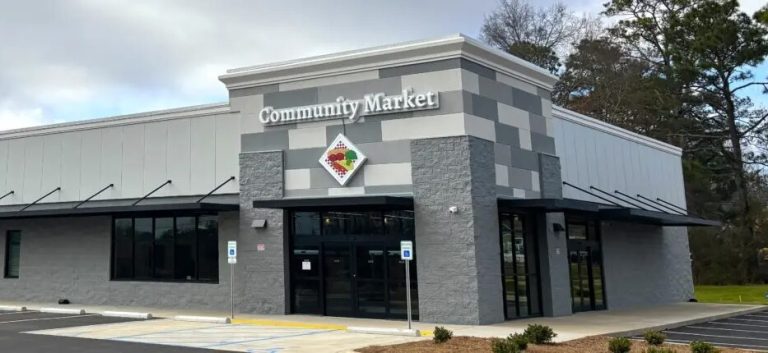Reviewed by: Sharron Swain
Alabama’s Black Belt closer to becoming a National Heritage Area
Reading time: 3 minutes

A bill to designate 14 counties in the Alabama Black Belt region as a National Heritage Area passed both the House and Senate. Keep reading to learn more about the legislation that will preserve the rich history of the region while creating new funding and tourism, opportunities.
One step closer
The bill, introduced by Alabama Congresswoman Terri Sewell and titled the Black Belt National Heritage Area Act, will allow up to $1M in federal funding each year to be put towards the protection and preservation of Alabama’s Black Belt Region. As of last week, the bill is now being sent to President Biden’s desk to be signed into law.
“Today is a truly historic day for Alabama’s Black Belt! For the first time, many historic areas in the Black Belt will be designated as a National Heritage Area, freeing up additional federal resources for historic preservation, tourism, and economic development. Passage of this bill is the culmination of years of tireless advocacy and negotiation on behalf of the residents of the Black Belt!”
U.S. Rep. Terri Sewell
What this means

The Black Belt has a deep history and is where some of the most consequential events in American history occurred.
National Heritage Areas are established by Congress to assist efforts to protect and promote communities that are regarded as distinctive due to their culture, history, resources and environment. Under the act, the University of West Alabama (UWA) would collaborate with the National Park Service and Black Belt communities to determine a strategic management plan.
According to a statement from Dr. Tina Naremore Jones, Assistant Provost and Vice President for Economic and Workforce Development at the UWA, this designation is a tremendous achievement and marks the culmination of over a decade of work and support by volunteers and organizations across the Black Belt, the State of Alabama and across the nation
“Our new heritage area will not only provide a platform in which to showcase the rich culture, history and natural resources of the region, but it will ensure a space in which we can all learn and appreciate our shared heritage. In addition, heritage areas generate positive economic impact by building local capacity through the leveraging of shared resources.”
Dr. Tina Naremore Jones, UWA
Want more stories like this delivered straight to your inbox? Sign up for our FREE newsletter!



